Toolkits, Guides & Curriculum










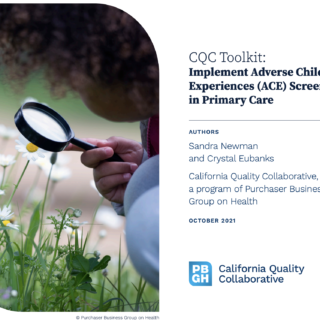
This toolkit is a collection of evidence-based interventions and resources for ambulatory care provider organizations to implement Adverse Childhood Experiences (ACE) screening and follow-up care.
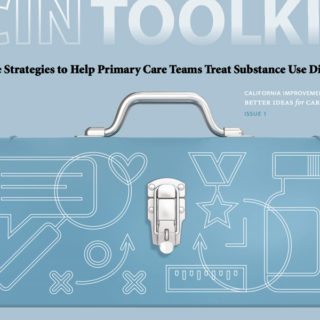
This document is a guide for primary care organizations and care teams working to integrate substance use disorder (SUD) treatment services.
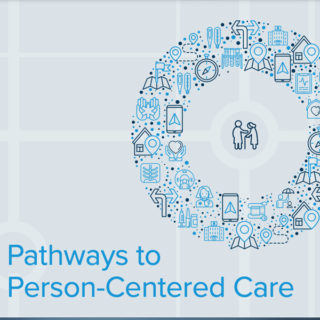
This tool is intended to provide guidance to providers and care teams looking to improve their delivery of person-centered care.
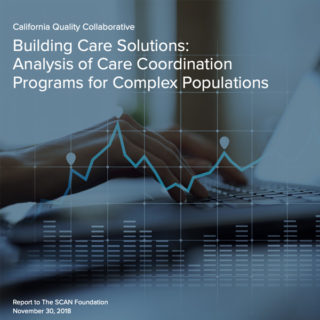
This report addresses the deliverable to prepare case studies describing core elements and key characteristics of complex care programs.
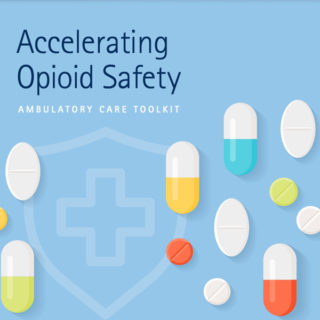
The following document is a guide for provider organizations working to improve opioid safety — to prevent new populations of patients from becoming dependent on or addicted to opioids and improve care for patients with chronic non-cancer pain, opioid use disorder, and/or at risk of overdose.
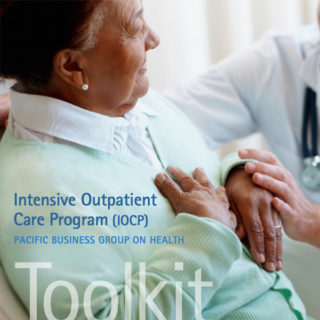
The resources assembled here are meant to equip the managers and the staff of primary care programs that have been created specifically to serve adults aged 65 and over with the greatest health care needs.